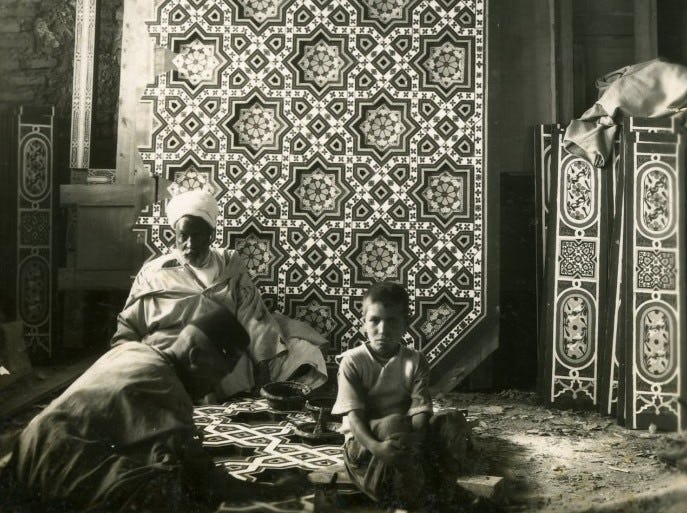Pair of Gold-Set Double-Faced Diamond Inset Square Pendants with Floral Motifs and Enamelled Floral Ornamentation on Edges
Date18th - 19th century
PeriodMughal
MediumEnameled gold, diamonds
DimensionsOverall: 2 3/16 x 2 x 1/4 in. (5.6 x 5.1 x 0.6cm)
ClassificationsJewelry
Credit LineGift of the Doris Duke Charitable Foundation. Courtesy of the Doris Duke Foundation for Islamic Art.
Object number57.70a-b
DescriptionThis pair of pendants are inlaid using the kundan technique, in which the stones are fastened with strips of pure gold instead of using prongs or bevels like the Western fashion. The sides and the back of the ornaments are decorated in enamel. Before diamonds were discovered in Brazil in the 1700s, the Indian subcontinent was the world’s only source of diamonds, mined in the Golconda region of the Daccan plateau. In fact, the contemporary unit of measurement for diamonds, the carat, originated in India. The term comes from the Arabic word kirat, referring to the small seed of the carob plant that was used to weigh diamonds.
On View
On viewCollections
19th century
19th century
19th - 20th century
19th century














